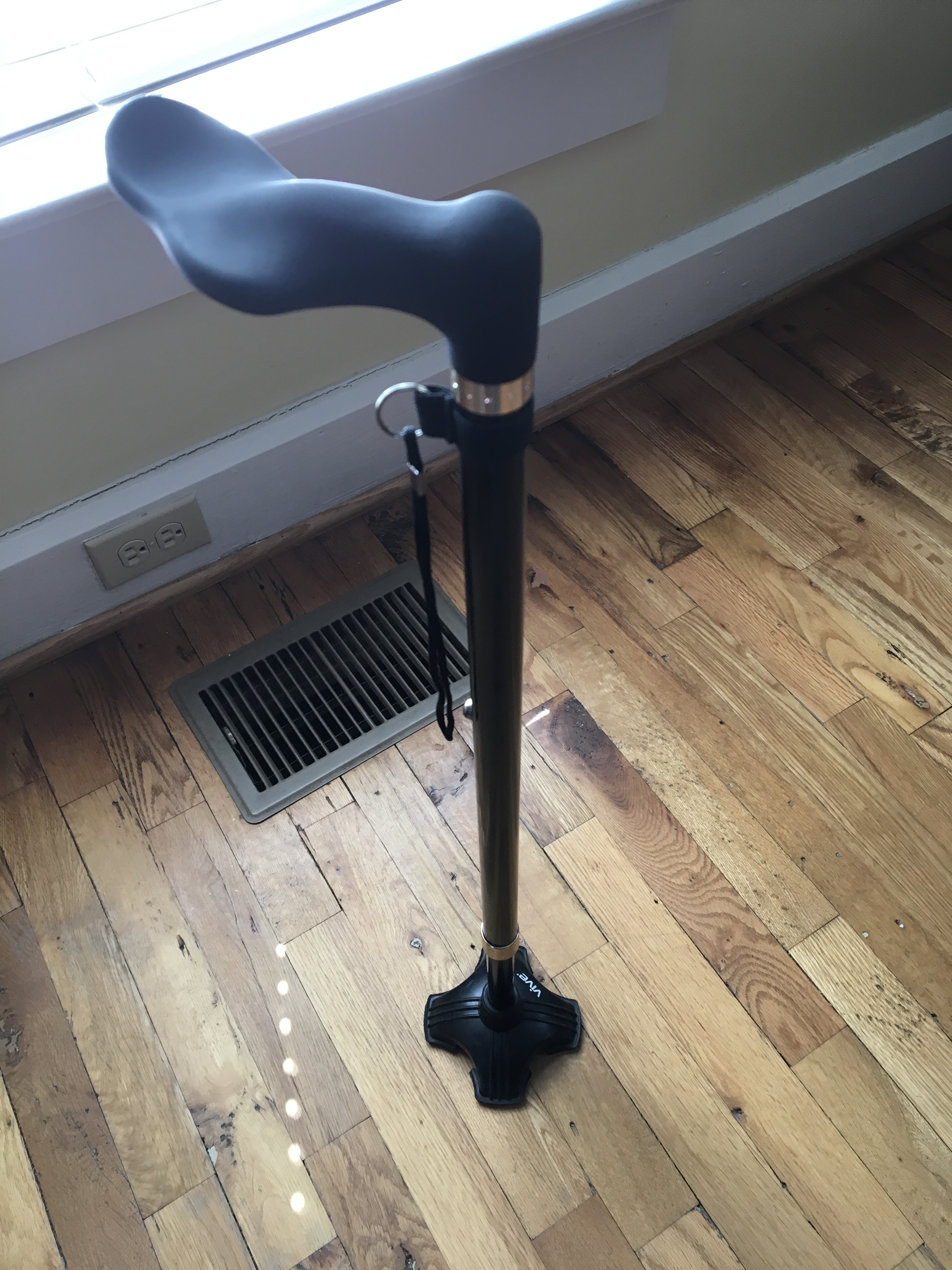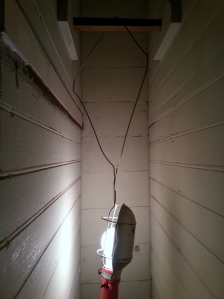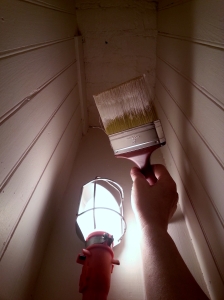
Today, I am going to write about Jesus, the Bible and Disability. Even if you aren’t a follower of Jesus, you might find something of value in what I write, because religious people are some of the worst when it comes to how they treat people with disabilities. After all, religious organizations successfully got their buildings exempted from ADA regulations in the 1990’s!
Luke 13: 10-17
Jesus Heals a Crippled Woman on the Sabbath
10 On a Sabbath Jesus was teaching in one of the synagogues, 11 and a woman was there who had been crippled by a spirit for eighteen years. She was bent over and could not straighten up at all. 12 When Jesus saw her, he called her forward and said to her, “Woman, you are set free from your infirmity.” 13 Then he put his hands on her, and immediately she straightened up and praised God.
14 Indignant because Jesus had healed on the Sabbath, the synagogue leader said to the people, “There are six days for work. So come and be healed on those days, not on the Sabbath.”
15 The Lord answered him, “You hypocrites! Doesn’t each of you on the Sabbath untie your ox or donkey from the stall and lead it out to give it water? 16 Then should not this woman, a daughter of Abraham, whom Satan has kept bound for eighteen long years, be set free on the Sabbath day from what bound her?”
17 When he said this, all his opponents were humiliated, but the people were delighted with all the wonderful things he was doing.
***
During the past week, I listened to 3 local preachers online preach from this text. The first one was short and to the point…basically, Jesus saw, noticed, zeroed in on that woman with the severely curved spine. He SAW her. A good message!
The second was unremarkable and maybe a little dry but he made a similar point…just took a little longer to get there.
The third sermon I heard has prompted me to write this blog because I absolutely cannot listen to ONE MORE SERMON where a person with a disability in the Bible is treated as a metaphor for someone’s spiritual condition or society’s ills. In this third preacher’s sermon, the woman has been dehumanized and turned into a prop to illustrate some banal point…something to the effect of “Have you been weighed down/bent over by the burdens of life, hoping that Jesus can straighten you so that you can look up into his face?” Or some such mess as that. For this particular preacher, I do know that he makes a regular habit of turning disabled people into metaphors. He’s very able-bodied himself, and speaks out of his own youthful ableist point of view. He preached a sermon a couple years ago about Jacob (whom the Angel struck and gave him a limp after they wrestled all night) and then turned it into, “We’re all holy limpers, like Jacob.” As a person with a noticeable limp, it was clear to me then that he didn’t know his audience and he didn’t really care.
I sort of get it, actually. The Christians’ national anthem seems to be “Amazing Grace.” Remember the verse, “was blind but now I see”? There you go. Turning a disability into a metaphor for your spiritual state of being has been the “Christian way” for a few hundred years. There are other Christian hymns that do this, too. I don’t know about other religious traditions, but I do know that Americans, at least, love ‘em some metaphors. And the Christian ones excel in them.
But honestly, it just needs to stop. Stop interpreting those stories that feature people with disabilities as a metaphor for your spiritual life and reread them. How did Jesus treat them? They were real people, hurting people, rejected from their communities, outcasts of society. Back then, there was no understanding of disease and medicine like we have today. If someone was sick, the devil caused it or some evil spirit was in them. They were rejected…there was no disability insurance, no government support, no physical therapist. But Jesus SAW them and that’s the power of these stories. That’s the “good news” of the Gospel…Jesus reintegrated outcasts back into society, made them feel loved, seen, heard. He even broke rules to do it…healed on the Sabbath, fed people on the Sabbath, invited society’s rejects to the dinner feast, giving them places at the dinner table.
If your faith is so crappy that you have to turn this good news into a pathetic metaphor, it’s time to reread the gospels.
At some point, almost all of us will get a disability or become disabled. Many of us with XLH got a head start and are “experts” at it. Professorgrrl recently told me about some stiffness or arthritis she was experiencing and confessed she didn’t want to mention it to me because she is keenly aware and sensitive to all my pain and mobility challenges. I told her I wanted her to share that with me, that maybe I could help and talking about it might help, too. I wanted her to know that I SEE her. I certainly am aware that she has seen me, as Jesus did, as a real person with some disabilities who is beloved by God.
It’s important that we all do this for one another, no matter what faith you subscribe to. It’s so easy to overlook people with disabilities…sometimes even doctors don’t see us or believe us. Some of us block the sidewalks in front of our houses with shaggy trees and bushes, never considering that someone in a wheelchair might want to take a “stroll” through the neighborhood. The handicap/automatic door at my local mall has been out of order for several years because no one can be bothered to fix it. We turn our heads so as not to look into the eyes of the mentally ill person who’s asking for cash because, honestly, we’ve already decided they’re going to use that money for something we don’t approve of. We’ve all done it. Some (like that preacher) have made it an Olympic sport to ignore people with disabilities, but we’re almost all guilty of it. I know I am.
So…that’s my rant for the year! Whew, glad I got that off my chest. (See what I did there? I think that was a metaphor.)
One more thing…for Christians who’d like to explore this topic more, I recently read the book, “My Body is Not a Prayer Request,” by Dr. Amy Kenny. Good stuff in there and it was so good for me to read something that expressed what I had been feeling regarding the church for over 2 years. Check it out.
Copyright 2022, S. G. Hunter and Banjogrrldiaries
















